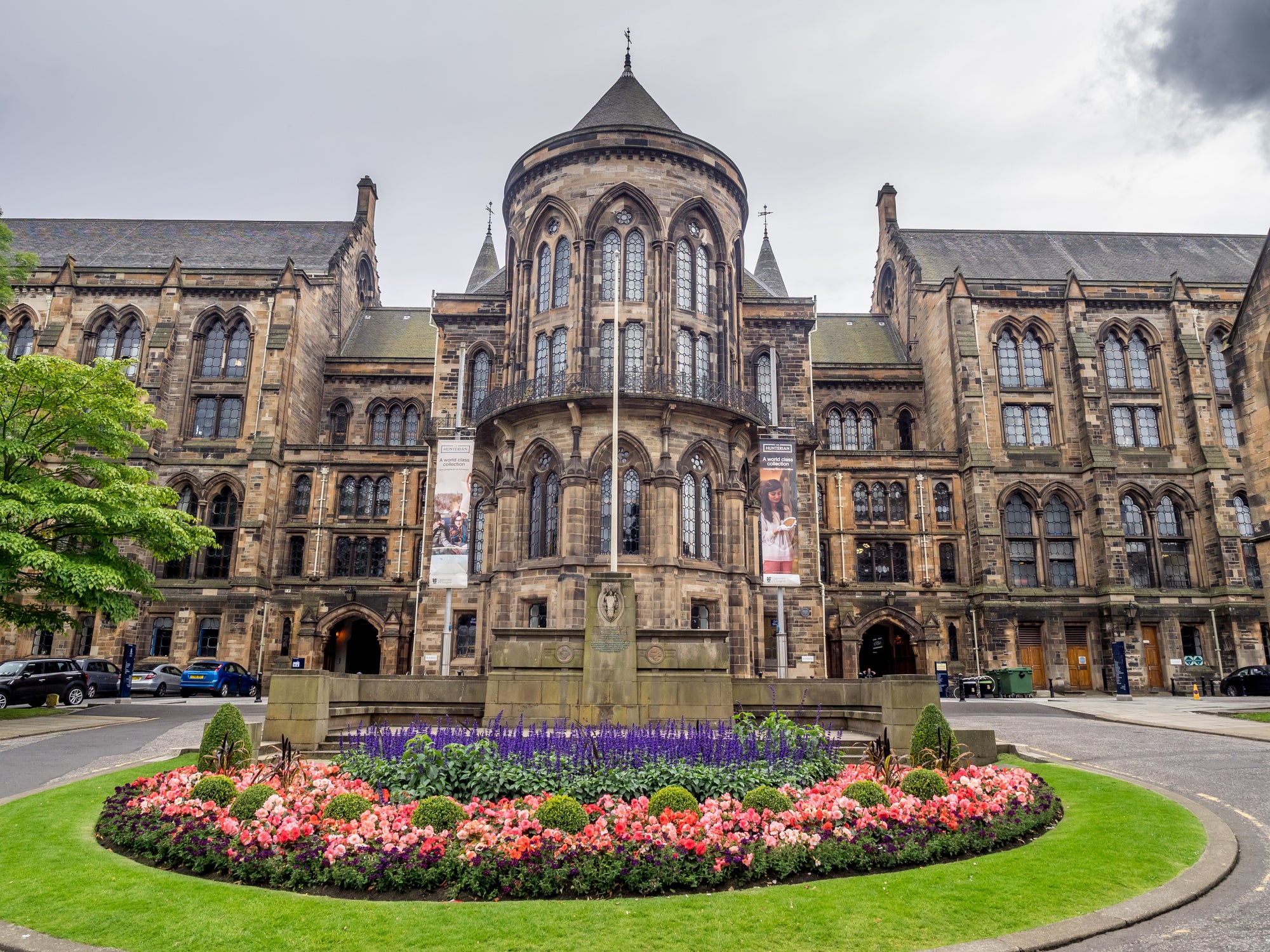Most young people think social media should be prohibited for under 16

Two thirds of young adults in the United Kingdom believe social media It should be banned for Under 16, he found a survey.
The survey of the survey for the young people of the United Kingdom has seen over 2,000 people aged between 16 and 29 years questioned about their attitudes and priorities cover topics such as toxic masculinityDemocracy, work safety and immigration.
About 67 % of interviewees believe that social media should be prohibited for 16 years. The same proportion said that toxic masculinity is becoming more common, according to the survey conducted by the John Smith Center of the University of Glasgow (JSC).
He discovered that young people are “worried” for the state of democracy in the United Kingdom. Those interviewed on democracy for the dictatorship of 57 % to 27 %, but 63 % believe that they are “in trouble” and almost three quarters (72 %) have declared that it became “too divided”.

More than half (51 %) believes that immigration has changed the communities for the better, while almost 73 % said they believe that racism is a “significant problem” in the United Kingdom.
In the meantime, more than a third (36 %) of the interviewees said they wanted politicians to be “more open and honest” and 27 % want to see young people in leadership roles.
Dr. Elisabeth Loose, who led the survey, said: “Young people are undoubtedly worried about the future of the United Kingdom and are worried about the state of democracy.
“As for what young people want from politics, the answer is a more open and honest political culture that provides responses to their basic needs. This is a generation that thinks that our policy is too divided and wants politicians to devise delivery solutions.”
The issues related to money and work were appointed as the main collaborators of anxiety and nervousness, young people said. Financial concerns (37 percent), work pressure (23 percent) and work safety or unemployment (20 percent) were the most commonly mentioned.
But almost two thirds (63 percent) of young people claim to be optimistic about their future and almost three quarters (72 percent) describe themselves as “rather than very happy”.
Dr. Leose added: “Our survey clarifies that young people are positive, they support our democratic inheritance and many want to play a role – if only it has been given the opportunity to do it”.
James Kanagasoriam, Chief Research Officer of the Focaldata electoral company, said that the results show that the age group from 16 to 29 years is “highly heterodox”.
The survey shows that the “old narrative of a monolithic generation war” that puts young people against all elderly people is becoming obsolete, “said Kanagasoriam.
“In fact, the differences within the youth generation by class, education, genre, ethnicity and region are often more pronounced than the differences between generations.
“These schemes challenge any simple characterization of the Gen Z: they are largely independent, unexpectedly energized in the conservative side and more willing to participate in civil life than the company often hires”.
Young people tend to be more right than young women, but most sits in the central ground, the survey has found.
Those in the work or with a degree are more optimistic and involved than those who are long -term unemployed or less educated.
The survey was conducted by the JSC in collaboration with the Focaldata Saverist and was sponsored by the Nationwide Building Society. The field work was conducted between 4-12 February, with a total of 2,039 people aged between 16 and 29 years.




